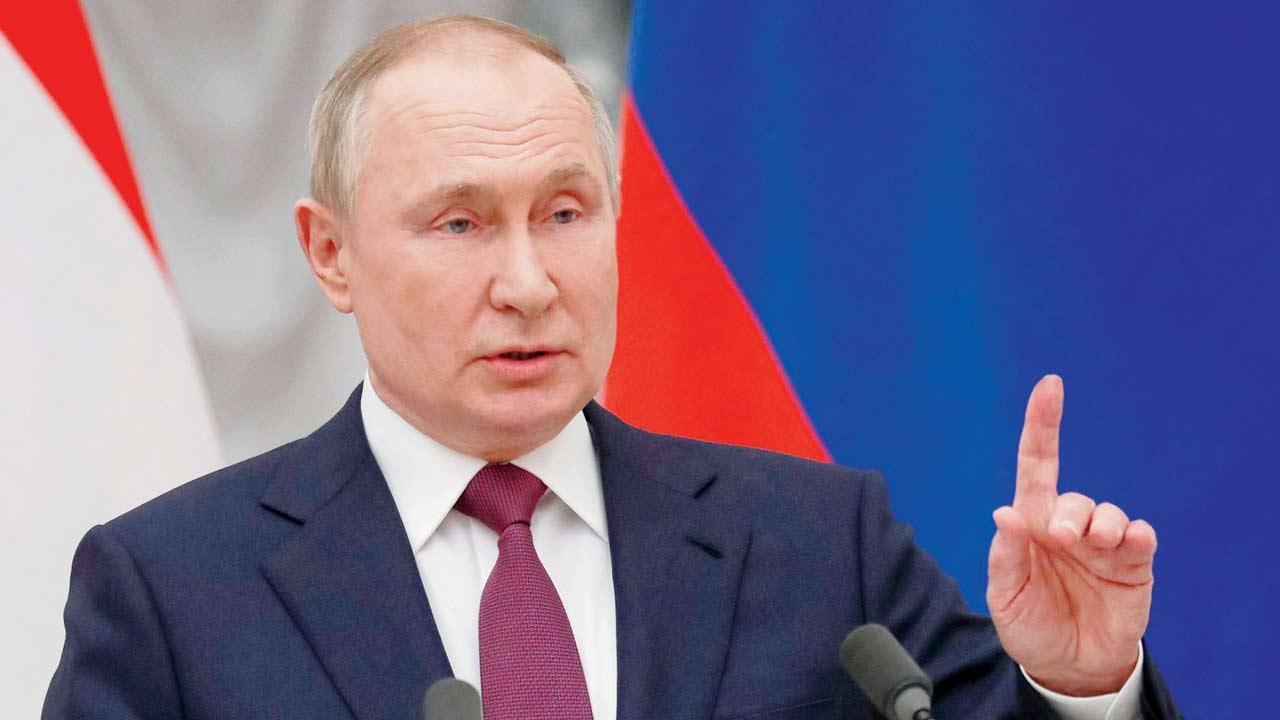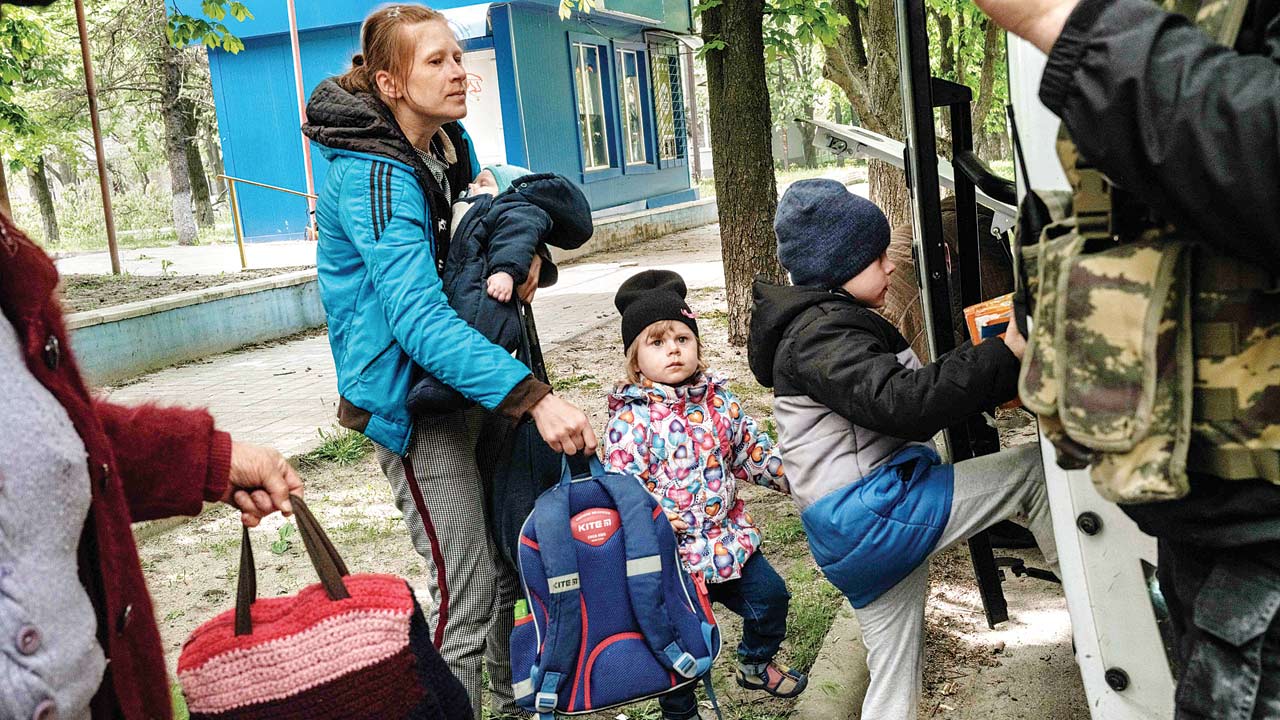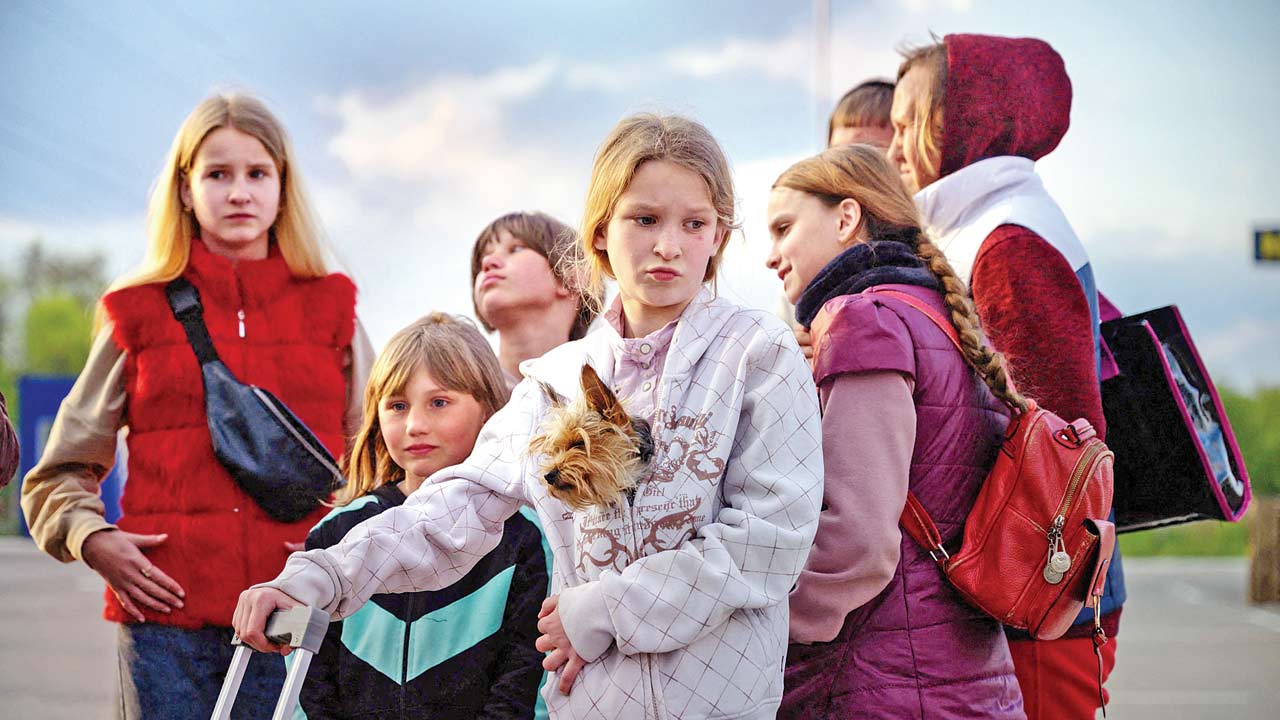The decree also prohibits transactions with foreign individuals and companies hit by Russia’s retaliatory sanctions and permits Russian counterparties not to fulfill obligations towards them

Vladimir Putin’s decree also prohibits transactions with foreign individuals and companies hit by Russia’s retaliatory sanctions
Russian President Vladimir Putin has signed a decree on retaliatory economic sanctions in response to the “unfriendly actions of certain foreign states and international organisations”, the Kremlin said on Tuesday. The document does not provide any details of which individuals or entities may be affected by the measures. According to the decree, Russia will forbid the export of products and raw materials to people and entities that it has sanctioned.
ADVERTISEMENT
No transactions with foreign individuals
The decree also prohibits transactions with foreign individuals and companies hit by Russia’s retaliatory sanctions, and permits Russian counterparties not to fulfill obligations towards them.

Nazar (right) boards a bulletproof bus to evacuate with his family from the eastern Ukraine city of Lyman, which has received heavy shelling, on Monday. Pic/AFP
Under the decree, the Russian government has 10 days to compile lists of foreign individuals and companies to be sanctioned, as well as to define “additional criteria” for a number of transactions that could be subject to restrictions. It was not immediately clear how broadly the decree, which appeared to allow halting trade between one of the world’s biggest natural resources producers and the West, would be applied.
Russia’s foreign ministry accused Israel on Tuesday of supporting neo-Nazis in Ukraine, further escalating a row which began when Russian Foreign Minister Sergei Lavrov claimed Adolf Hitler had Jewish origins. Israel lambasted Lavrov on Monday, saying his claim - made when talking about Ukrainian President Volodymyr Zelensky who is Jewish - was an “unforgivable” falsehood that debased the horrors of the Nazi Holocaust. Leaders of several Western nations denounced Lavrov’s comments and Zelensky accused Russia of having forgotten the lessons of World War II.

A family arrives from Russian-occupied Tokmak in their own vehicle, at a registration and processing area for internally displaced people in Zaporizhzhia, Ukraine on Monday. Pic/AFP
The Russian ministry said in a statement that Israeli Foreign Minister Yair Lapid’s comments were “anti-historical” and “explaining to a large extent why the current Israeli government supports the neo-Nazi regime in Kyiv”. Moscow reiterated Lavrov’s point that Zelensky’s Jewish origins did not preclude Ukraine from being run by neo-Nazis. “Antisemitism in everyday life and in politics is not stopped and is on the contrary nurtured (in Ukraine),” it said in a statement.
Evacuees in Zaporizhzhia
The first convoy of civilians to escape a decimated steel plant in Mariupol reached relative safety in a Ukrainian-controlled city on Tuesday. The United Nations said 127 civilians evacuated from the plant and a nearby town arrived in Zaporizhzhia. Deputy Prime Minister Iryna Vereshchuk said Tuesday that few hundred civilians remain at the plant. Ukrainian defenders of the plant said Russian forces have started to storm the last pocket of resistance.
Russia has struck a military airfield near the city of Odesa with missiles, destroying drones, missiles and ammunition supplied to Ukraine by the US and its European allies, the defence ministry said on Tuesday. A World Health Organistion spokesperson on Tuesday confirmed its European region would hold a special meeting next week on the impact of the invasion of Ukraine on health and healthcare.
This story has been sourced from a third party syndicated feed, agencies. Mid-day accepts no responsibility or liability for its dependability, trustworthiness, reliability and data of the text. Mid-day management/mid-day.com reserves the sole right to alter, delete or remove (without notice) the content in its absolute discretion for any reason whatsoever
 Subscribe today by clicking the link and stay updated with the latest news!" Click here!
Subscribe today by clicking the link and stay updated with the latest news!" Click here!







